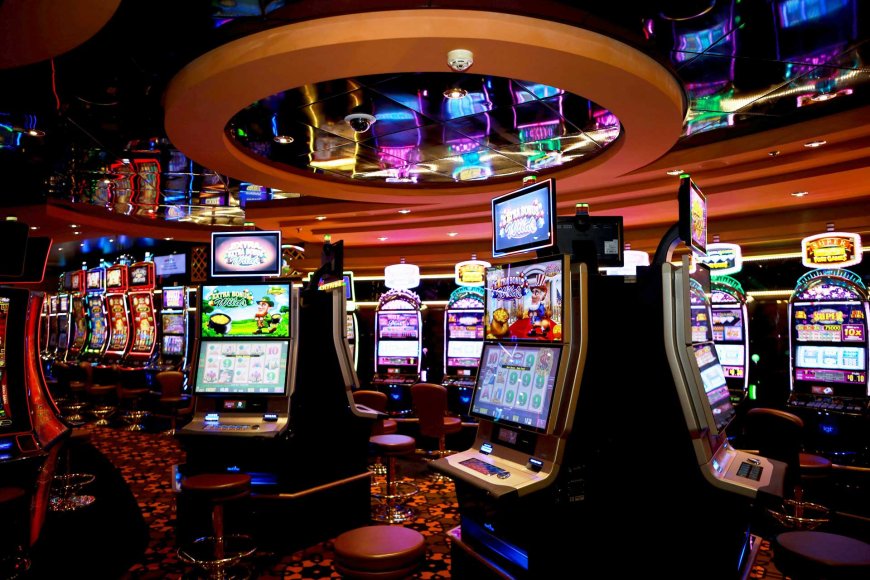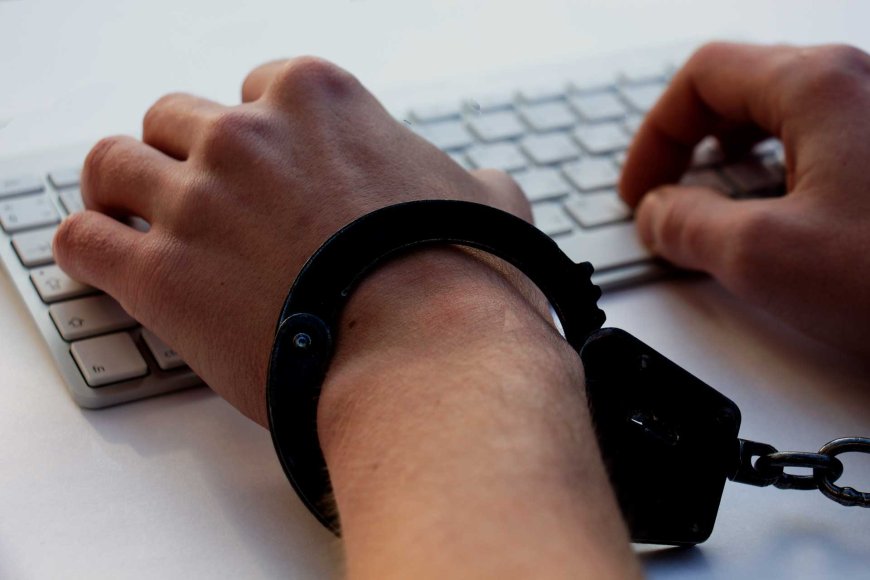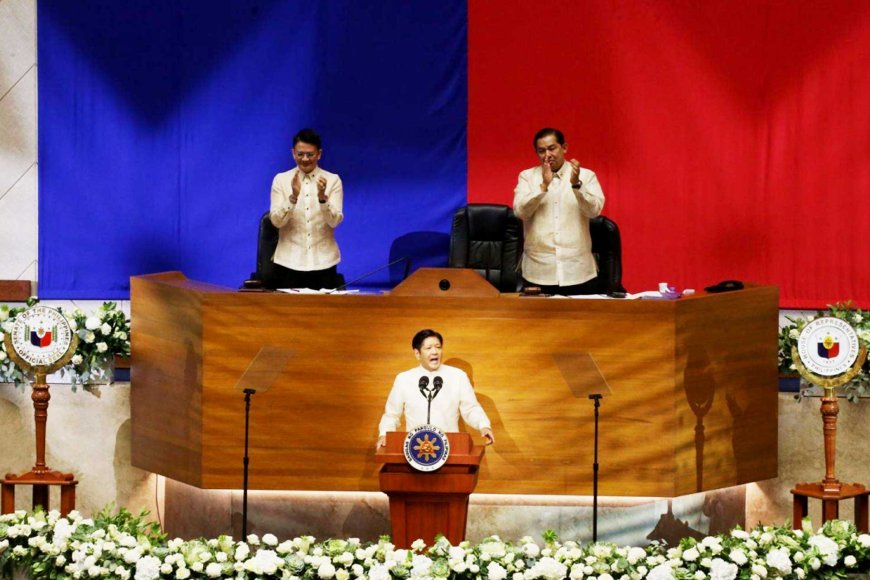The End of POGOs: Philippines Orders Shutdown Amid Crime Crackdown
In a bold move to combat organized crime, the Philippines has ordered the closure of Chinese-owned offshore gambling firms, giving 20,000 foreign workers 60 days to leave.

A Major Move Against Offshore Gambling and Organized Crime
The Philippines has issued a landmark directive ordering the estimated 20,000 foreign workers employed primarily in Chinese-owned offshore gambling firms to leave the country within 60 days. This decisive move is part of President Ferdinand Marcos Jr.'s broader campaign to eradicate the Philippine Offshore Gaming Operators (POGOs) due to their alleged involvement in criminal activities. In his state-of-the-nation address, President Marcos cited crimes such as financial scams, human trafficking, money laundering, and even brutal torture and murder as reasons for the ban.

The Rise and Fall of POGOs
POGOs first emerged in 2016, quickly expanding as companies exploited the Philippines' liberal gaming laws to target customers in China, where gambling is prohibited. At their peak, around 300 POGOs operated within the country, employing a vast workforce of both local and foreign nationals. The sector thrived, contributing to the economy and creating numerous jobs.
However, the COVID-19 pandemic, combined with stricter tax regulations, forced many of these operators to either shut down or move underground. Today, only 42 licensed POGOs remain, employing approximately 63,000 workers, including Filipinos and foreign nationals.

President Marcos's Directive
President Marcos's directive to ban POGOs is a response to the severe criminal activities associated with these operations. "Disguising as legitimate entities, their operations have ventured into illicit areas furthest from gaming," Marcos stated. The president emphasized the need to stop the "grave abuse and disrespect" for the country's legal system.
Philippine immigration chief Norman Tansingco announced that foreign workers have 59 days to leave the country, with the threat of deportation for those who remain beyond this period. Most of the affected workers are Chinese nationals, though the directive impacts workers from various Southeast Asian countries.

A Major Step in Combating Crime
Benedikt Hofmann, the United Nations Office on Drugs and Crime deputy regional representative for Southeast Asia and the Pacific, described the ban as a "major step." He highlighted that removing the veneer of legality used by illegal operators could significantly impact their activities. However, Hofmann also warned that criminal operations might move further underground or relocate to regions with weaker enforcement.
The Presidential Anti-Organised Crime Commission affirmed that the crackdown on illegal POGOs involved in scams and human trafficking would continue. Alejandro Tengco, chairman of the Philippine Amusement and Gaming Corporation, acknowledged the challenge for law enforcers in preventing these firms from going underground.

Impact on Sino-Philippine Relations
Interestingly, the ban on POGOs might have diplomatic ramifications, potentially easing tensions between the Philippines and China. Relations between the two nations have been strained due to disputes over the South China Sea and the Philippines' decision to allow an expanded US military presence under a 2014 defense pact.
Some analysts, like Renato Cruz De Castro of De La Salle University in Manila, believe that the ban could improve bilateral relations. The Chinese government, which prohibits all forms of gambling, has been cracking down on its citizens involved in overseas gambling, including POGOs. In a rare compliment, the Chinese Embassy praised the Marcos administration's decision, stating it serves the common interests of both Philippine and Chinese peoples.

A Broader Perspective
While the Philippines' move to ban POGOs is a significant step towards curbing crime and enhancing law enforcement, it also poses challenges. The immediate economic impact on the thousands of workers and the businesses involved cannot be ignored. Additionally, the potential for these criminal activities to shift to other regions necessitates a broader, more coordinated international effort to combat such crimes effectively.
The Philippines has taken a bold stance against the POGOs, emphasizing the importance of upholding the rule of law and protecting the welfare of both its citizens and foreign nationals. As the country navigates the complex aftermath of this decision, the international community will be watching closely to see how these changes unfold and what lessons can be learned in the global fight against organized crime and illegal gambling.
Find Cheap Flight Tickets to any Destinations in Japan and the Philippines
Nipino.com is committed to providing you with accurate and genuine content. Let us know your opinion by clicking HERE.






























































